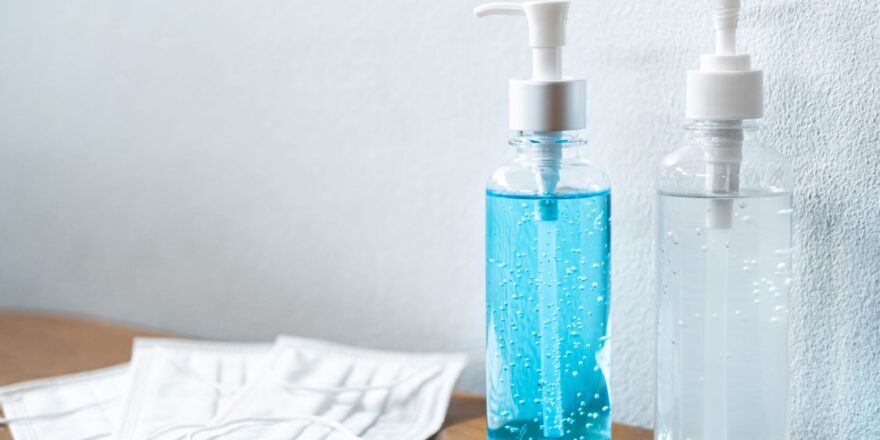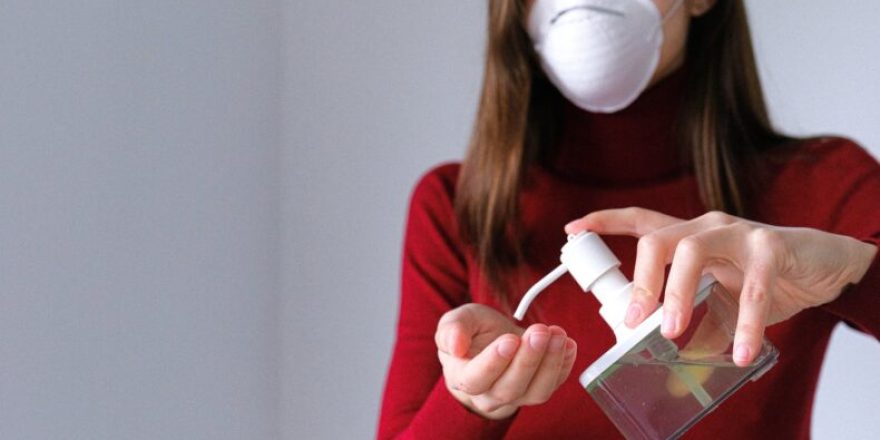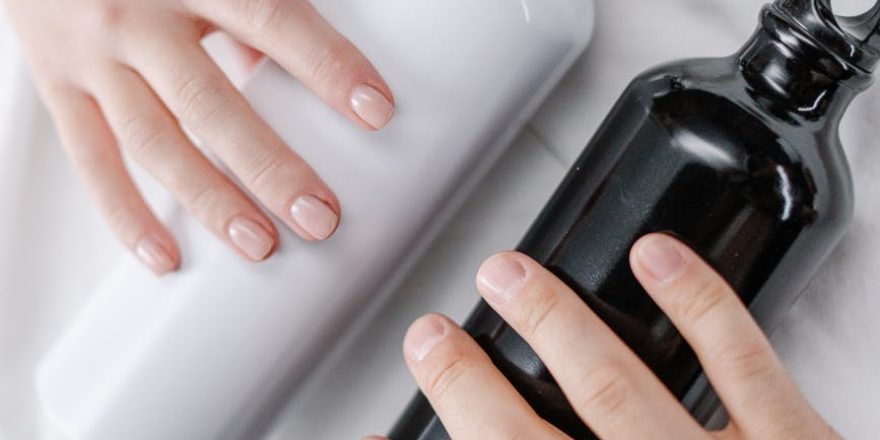To mask or not to mask

The arrival of the COVID-19 pandemic in March 2020 caused a major disruption to people across the world. It put a huge strain on the healthcare industry, put businesses out of operation and negatively affected people’s lives owing to regular restrictions and lockdowns.
As the world grappled with fighting a new, unknown and poorly understood disease, one of the ways touted to help control the spread of the virus was the use of masks. Until then, masks were primarily worn by healthcare workers in hospitals and professionals working with harmful materials in industry. Several people were unsure about the need to use masks every day, citing several factors such as the lack of established research on the topic, uncomfortable and unavailable masks and the need to spend extra for masks, especially at a time when the financial conditions of many people were already poor. In the time since, much work has been put into understanding the effectiveness of masks in slowing the spread of COVID-19.
The answer is unanimous. The use of face masks, when work correctly, helps slow the spread of COVID-19. While masks cannot prevent the wearer from catching the disease, their use, combined with social distancing, regular hand washing and vaccinations can effectively control its spread. There are several types of masks, such as cloth masks, surgical masks and N95 masks, that all provide varying degrees of protection to the wearer. However, none of these masks have the capability to actively kill and neutralise the SARS-CoV-2 virus and are often single-use only. This is where Nanosafe’s range of masks come in.



